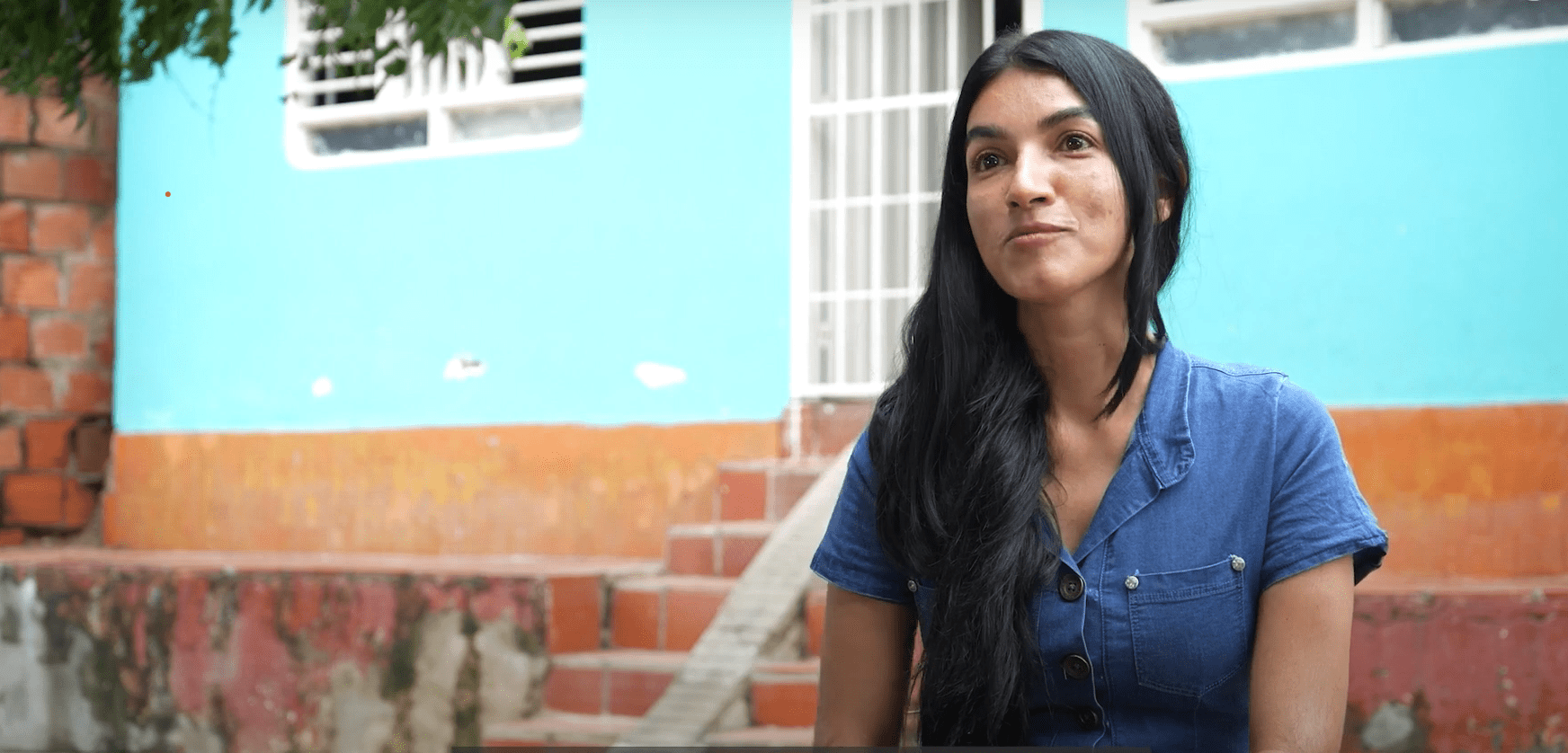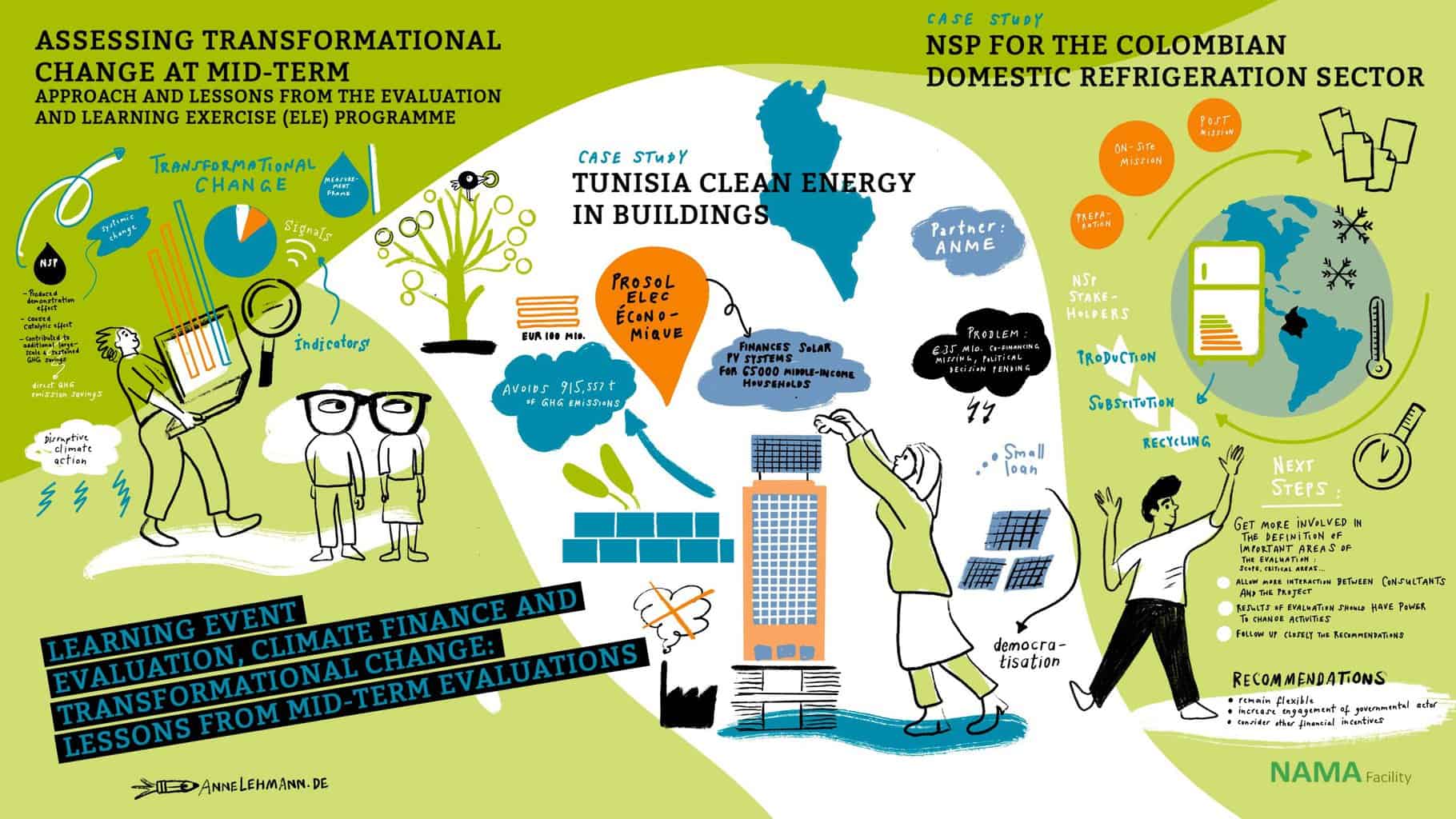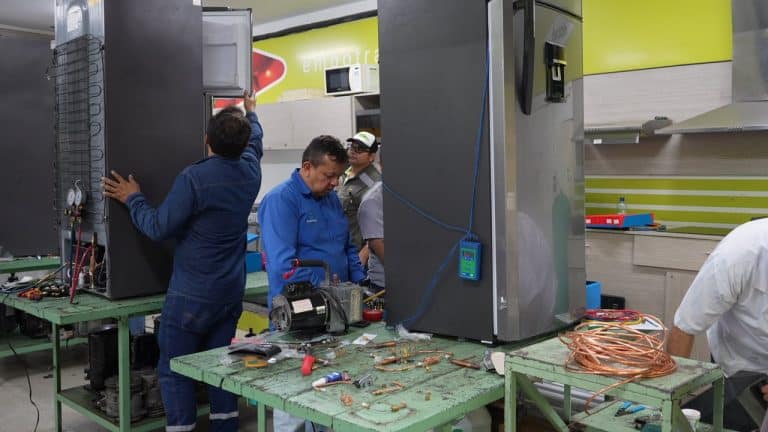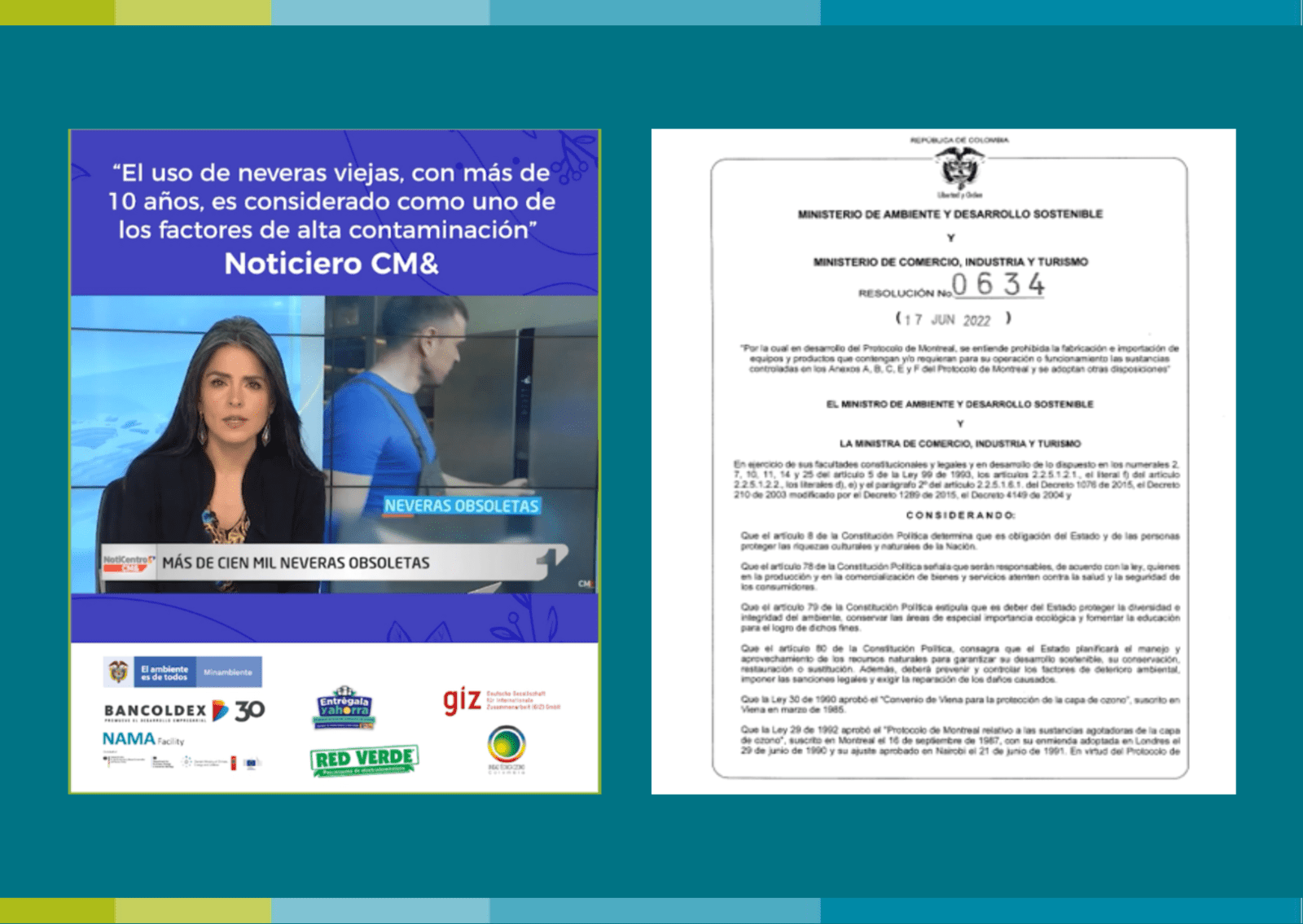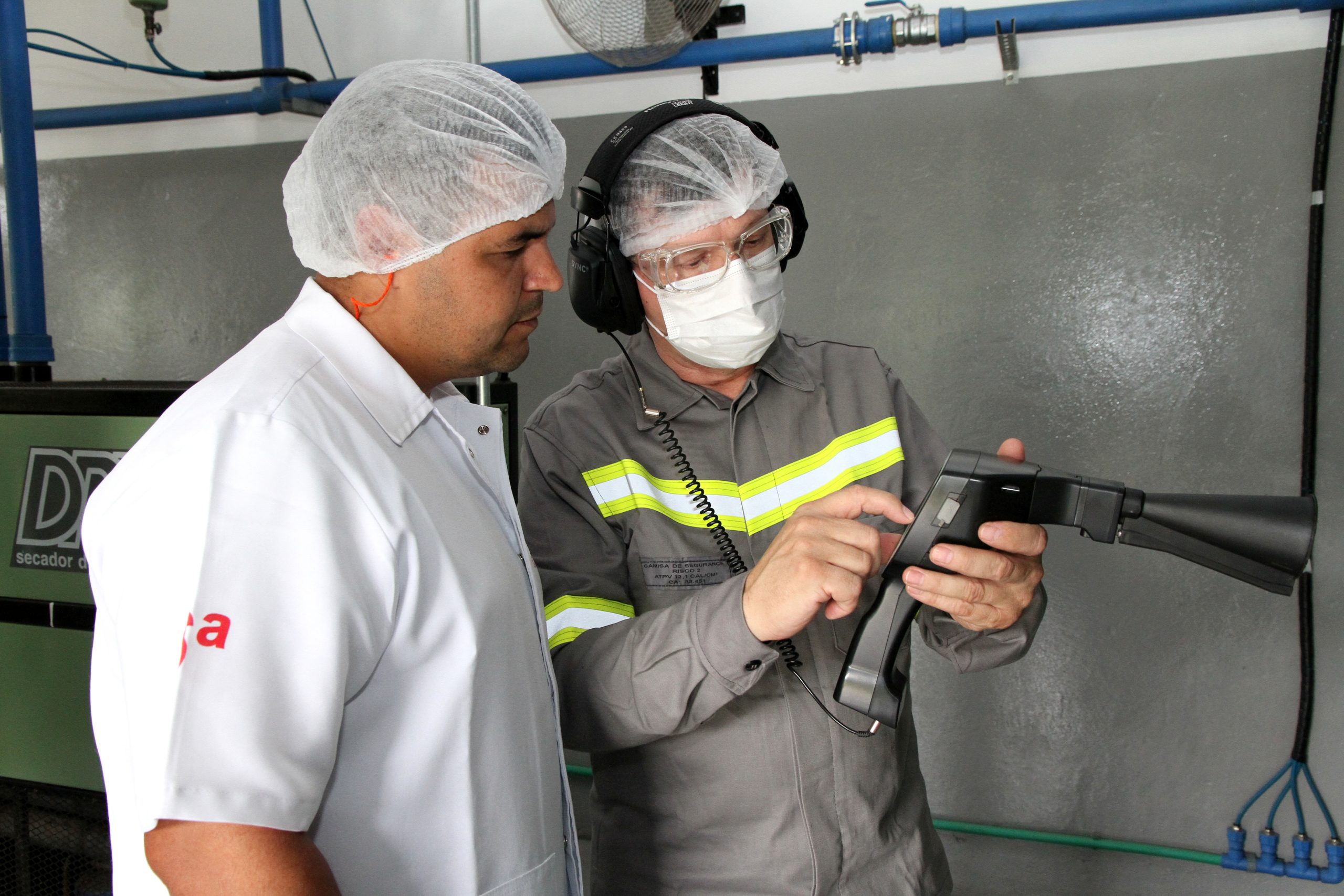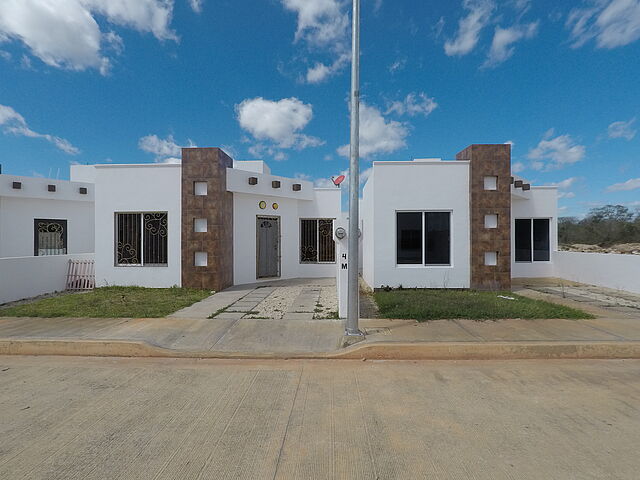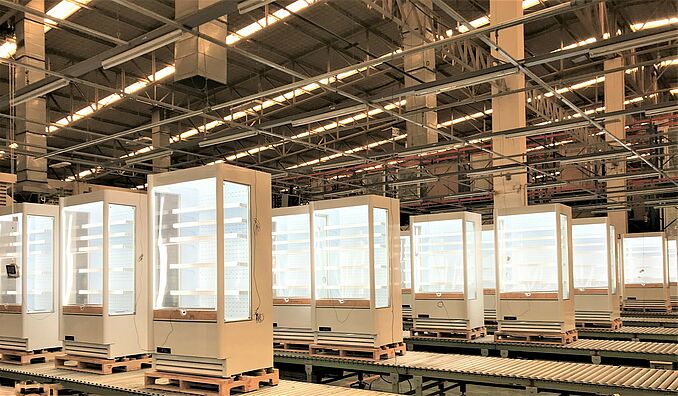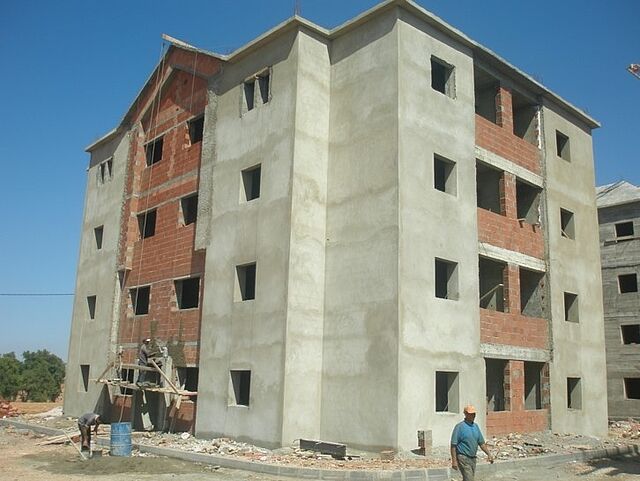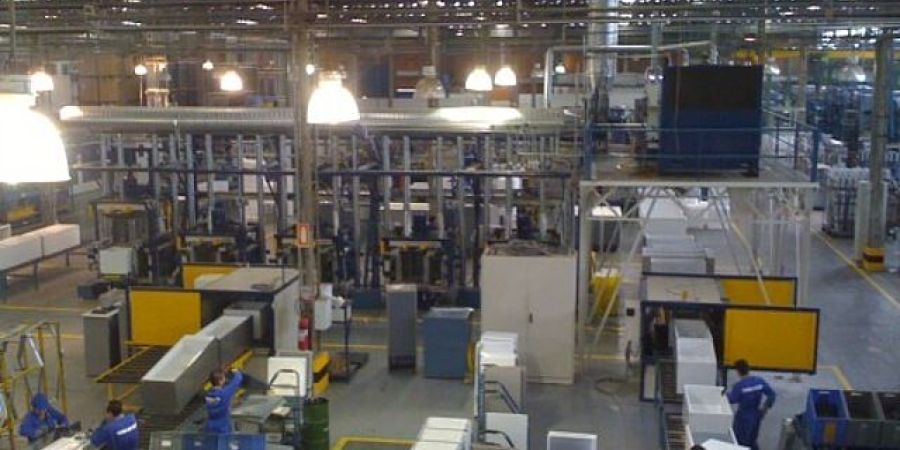
Background: Current emissions from the refrigeration sector in Colombia fall in the magnitude of 4.5 Mt CO2e (2014) and are projected to double by 2030. Emissions originate from the use of high Global Warming Potential (GWP) refrigerants (~15 per cent) and energy consumption (~85 per cent). An in-depth study highlights the high potential for transformational change and greenhouse gas (GHG) emissions reduction of 50 per cent compared to the business-as-usual (BAU) scenario in the sector.
Approach to Transformational Change: The project “Colombia – Domestic Refrigeration Sector” will address and support the following measures: a) a ban of hydrofluorocarbons (HFCs), b) the application of Minimum Efficiency Performance Standards (MEPS) in the domestic refrigeration sector, c) production line conversions using hydrocarbon refrigerants instead of HFC and changed product design to improve energy efficiency, d) an innovative replacement program including a sustainable on-bill financing mechanism with incentives for low-income households when old-inefficient appliances are returned and e) implementation of a sustainable extended producer responsibility scheme by which producers and importers are given end-of-life responsibility for domestic refrigerators.
The approach can serve as a prototype for replication in Latin America and other refrigeration and air-conditioning subsectors in Colombia and could foster co-benefits such as increased education and employment, increased economic competitiveness, improved access to credit and efficient equipment for low-income households and decreased adverse environmental impacts.
As part of its financial mechanism, the project seeks to establish a) concessional credit lines for producers to finance the conversion of their production lines that blend funds from Bancóldex and the project and b) a substitution scheme for old refrigerators that provides a 50% grant component to cover replacement and handling costs to be paid by the retailers and/or manufacturers.
Mitigation potential: The phase-in of new fridges and the proper waste management within the project period will result in GHG emissions reduction of 16.8 Mt CO2e over the lifetime of the equipment, and an annual reduction of around 3.8 Mt CO2e by 2030 – which is a 50 per cent reduction from the BAU in this sector.
Visit the project’s official website [available in Spanish] to learn more about it.

